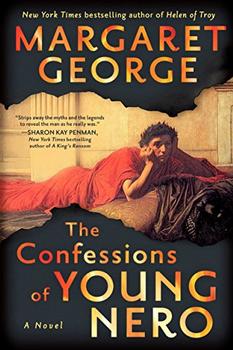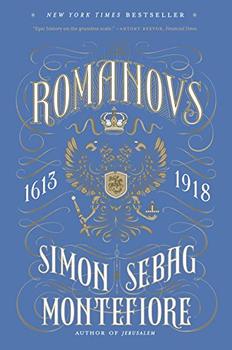Summary | Excerpt | Reviews | Beyond the book | Read-Alikes | Genres & Themes | Author Bio

The Story of History's Most Famous Assassination
by Barry StraussThe exciting, dramatic story of one of history's most famous events—the death of Julius Caesar—now placed in full context of Rome's civil wars by eminent historian Barry Strauss.
The exciting, dramatic story of one of history's most famous events - the death of Julius Caesar - now placed in full context of Rome's civil wars by eminent historian Barry Strauss.
Thanks to William Shakespeare, the death of Julius Caesar is the most famous assassination in history. But what actually happened on March 15, 44 BC is even more gripping than Shakespeare's play. In this thrilling new book, Barry Strauss tells the real story.
Shakespeare shows Caesar's assassination to be an amateur and idealistic affair. The real killing, however, was a carefully planned paramilitary operation, a generals' plot, put together by Caesar's disaffected officers and designed with precision. There were even gladiators on hand to protect the assassins from vengeance by Caesar's friends. Brutus and Cassius were indeed key players, as Shakespeare has it, but they had the help of a third man—Decimus. He was the mole in Caesar's entourage, one of Caesar's leading generals, and a lifelong friend. It was he, not Brutus, who truly betrayed Caesar.
Caesar's assassins saw him as a military dictator who wanted to be king. He threatened a permanent change in the Roman way of life and in the power of senators. The assassins rallied support among the common people, but they underestimated Caesar's soldiers, who flooded Rome. The assassins were vanquished; their beloved Republic became the Roman Empire.
An original, fresh perspective on an event that seems well known, Barry Strauss's book sheds new light on this fascinating, pivotal moment in world history.
The Death of Caesar is ideal for readers who have only a passing knowledge of ancient Rome. The author weaves details of Roman life and politics, knowledge about the people involved in the conspiracy, and facts about the assassination itself into a well-researched yet entertaining historical narrative...continued
Full Review
 (610 words)
(610 words)
(Reviewed by Kim Kovacs).
In The Death of Caesar, author Barry Strauss touches on the lives of some of the women surrounding the conspirators, including Brutus's wife Porcia Catonis, the daughter of Brutus's uncle Cato the Younger, and perhaps, the only woman who knew about the conspiracy to assassinate Caesar.
Much of Porcia's life is undocumented. It's believed she was born some time between 73 BCE and 64 BCE, and that Cato divorced her mother for adultery when Porcia was very young. She was married to her first husband, the conservative Marcus Calpurnius Bibulus, sometime between 58 BCE and 53 BCE, and it's thought she may have borne Bibulus a son named Lucius, although this is debated.
Porcia is rumored to have been very beautiful. Plutarch claims a famous...

If you liked The Death of Caesar, try these:

by Margaret George
Published 2018
The New York Times bestselling and legendary author of Helen of Troy and Elizabeth I now turns her gaze on Emperor Nero, one of the most notorious and misunderstood figures in history.

by Simon Sebag Montefiore
Published 2017
The Romanovs were the most successful dynasty of modern times, ruling a sixth of the world's surface for three centuries. How did one family turn a war-ruined principality into the world's greatest empire? And how did they lose it all?